Azerbaijan at the heart of European politics Aliyev attends the 7th European Political Community summit
On October 1, Azerbaijani President Ilham Aliyev arrived in Copenhagen for a working visit at the invitation of Danish Prime Minister Mette Frederiksen and European Council President António Costa to participate in the 7th Summit of the European Political Community (EPC). In this context, it is worth briefly highlighting some nuances in the history of relations between Baku and the EPC, which is relevant for understanding the extent to which Azerbaijan’s geopolitical weight has grown today.
Overall, the EPC, whose summits are held twice a year, aims to strengthen political dialogue and cooperation among all countries on the European continent. At the same time, it provides for the exchange of views between the EU and non-member states. The EPC format (platform) offers the opportunity to discuss pressing contemporary issues, including security, energy, climate change, and more.
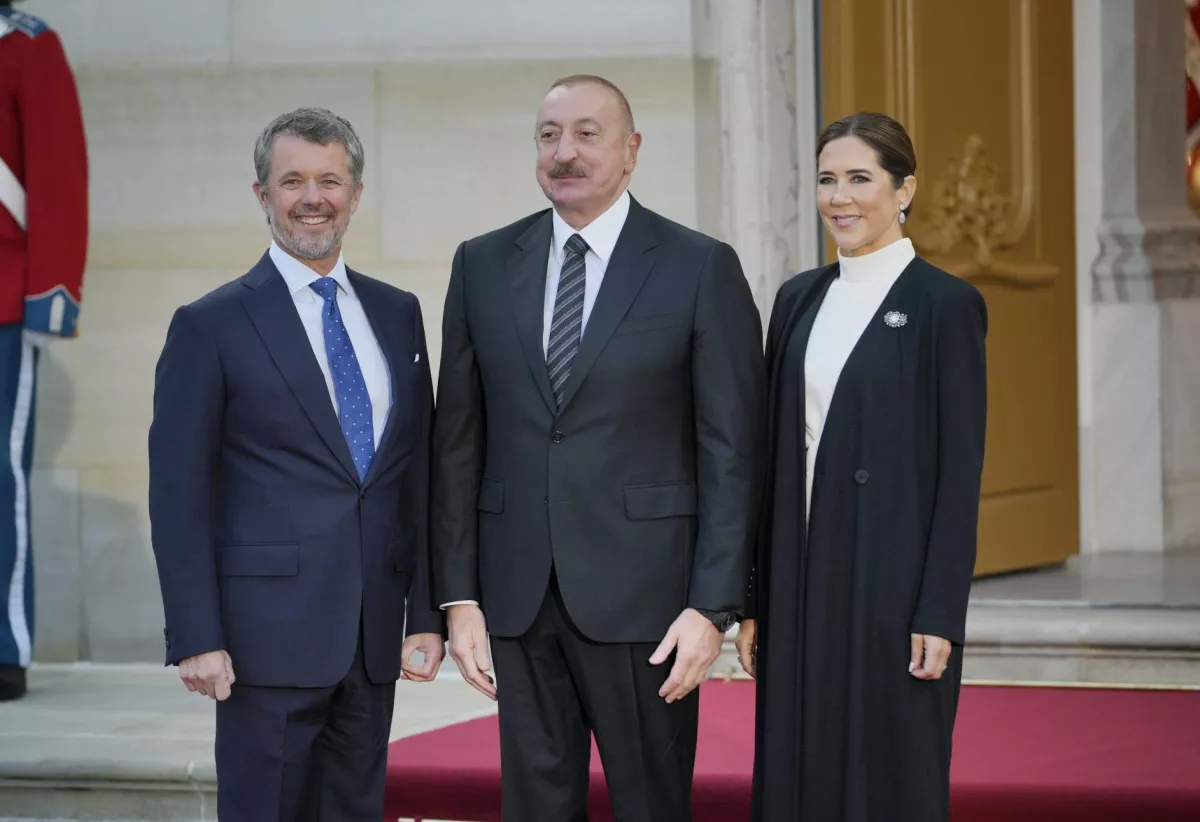
In 2022, the first EPC summit was held in Prague. During the four-way talks between President Ilham Aliyev, French President Emmanuel Macron, then-European Council President Charles Michel, and Armenian Prime Minister Nikol Pashinyan, a statement was adopted that, among other things, included Armenia’s recognition of Azerbaijan’s territorial integrity. At the same time, thanks to Baku’s firm position, plans by the EU and France to establish a joint mission to monitor the Armenian-Azerbaijani border—which would have included Azerbaijani territory—were not implemented. As a result, the mission was deployed exclusively within Armenian territory.
President Ilham Aliyev himself shed light on this matter “from the inside,” revealing key nuances that led to significant outcomes. First and foremost, he positively assessed the meeting, highlighting Pashinyan’s acknowledgement of Karabakh as part of Azerbaijan. Although, as President Aliyev noted, the Armenian prime minister soon contradicted himself, he still considers the results of the Prague summit to be positive.
According to Ilham Aliyev, what followed was that none other than Macron “used very strange and inappropriate wording about Azerbaijan [...] He actually cut himself from the process. Because our position was very clear - you can be a mediator, when you are neutral. If you take sides, you lose the chance to be a mediator.” In light of this, Baku officially announced that Paris could not participate in the process of normalising relations between Armenia and Azerbaijan. Consequently, the President decided not to attend the 3rd EPC Summit in Granada, Spain, where a five-way meeting (Azerbaijan-Armenia-France-Germany-EU) was being pushed by partial interests. With this move, President Aliyev made it clear that Azerbaijan would not allow external forces to dictate terms contrary to its national interests.
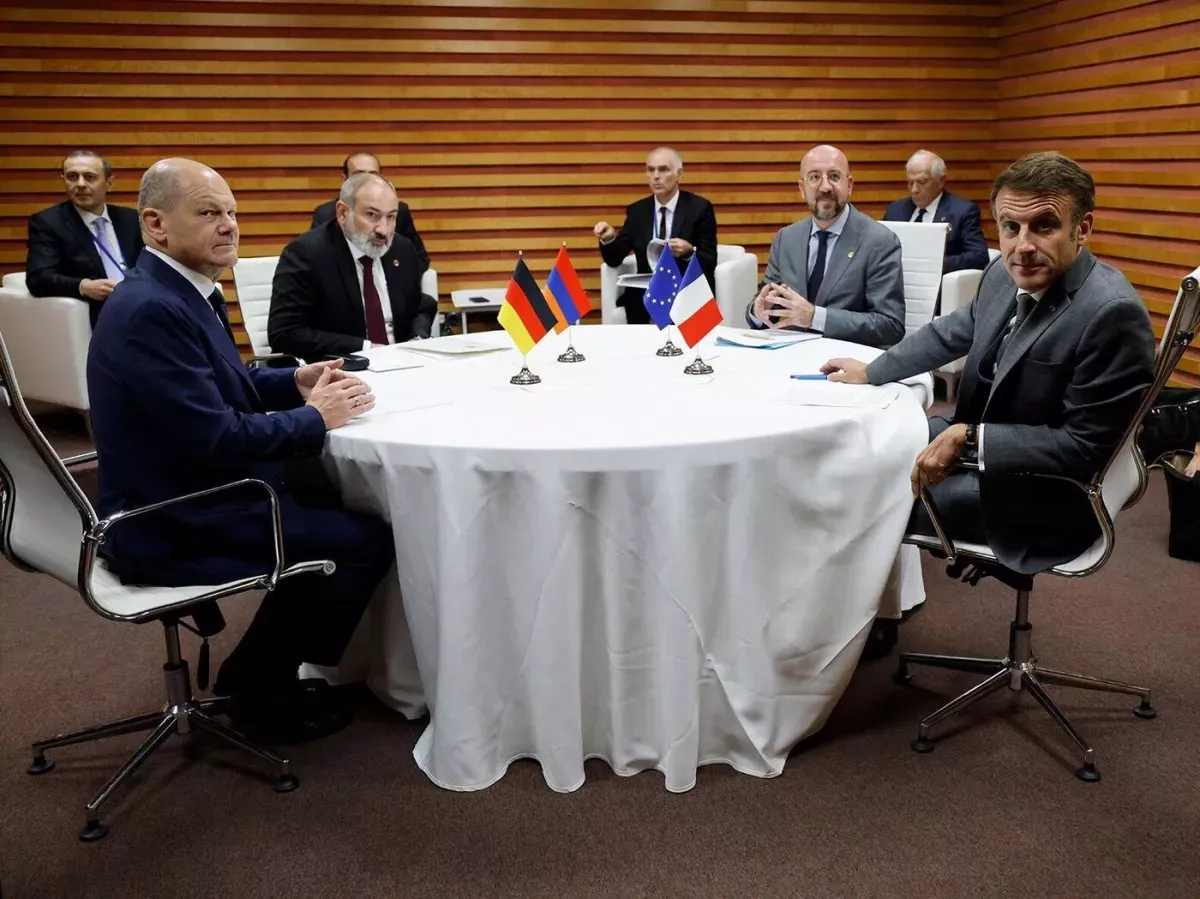
At the same time, Azerbaijan’s presidential aide Hikmet Hajiyev specified that Baku supports the three-way Brussels negotiation format (Aliyev-Pashinyan-Michel) and criticised France’s stance, which opposed Türkiye’s participation in the planned Granada meeting.
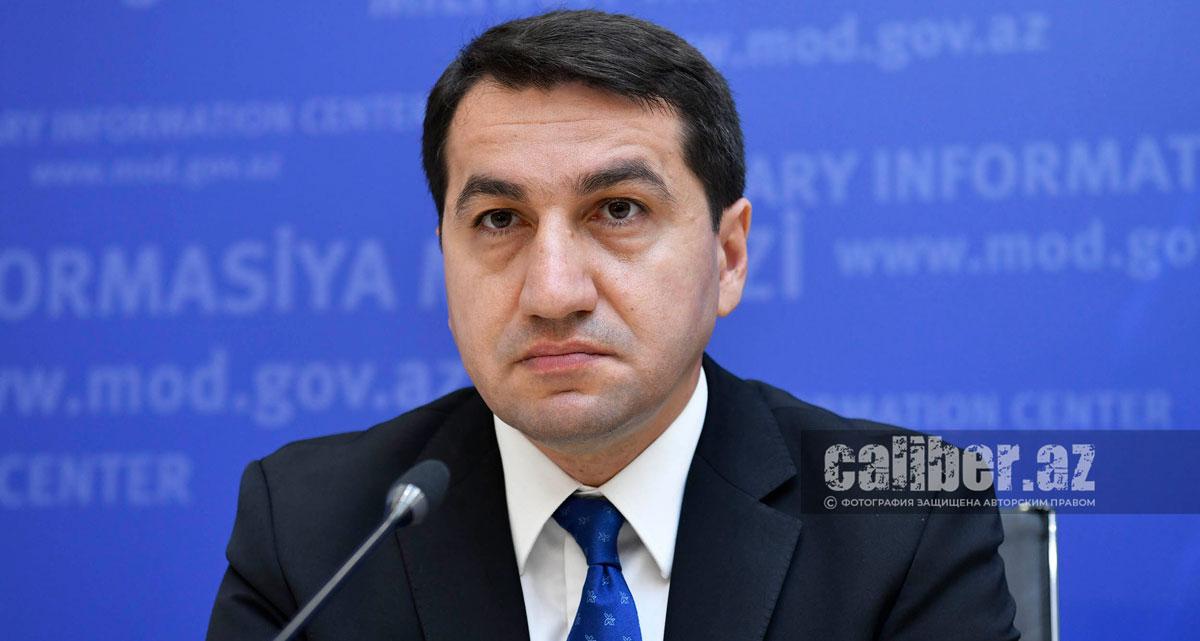
In 2024, during the 4th EPC Summit in Oxford, UK, Ilham Aliyev, speaking at a roundtable on “Energy and Connectivity,” highlighted the European Commission’s recognition of Azerbaijan as a reliable energy partner, describing it as a significant responsibility for the country. He then outlined Baku’s goal to fulfil its commitments to supply 20 billion cubic metres of gas exclusively to the EU by 2027, for which both resources and infrastructure are already in place.
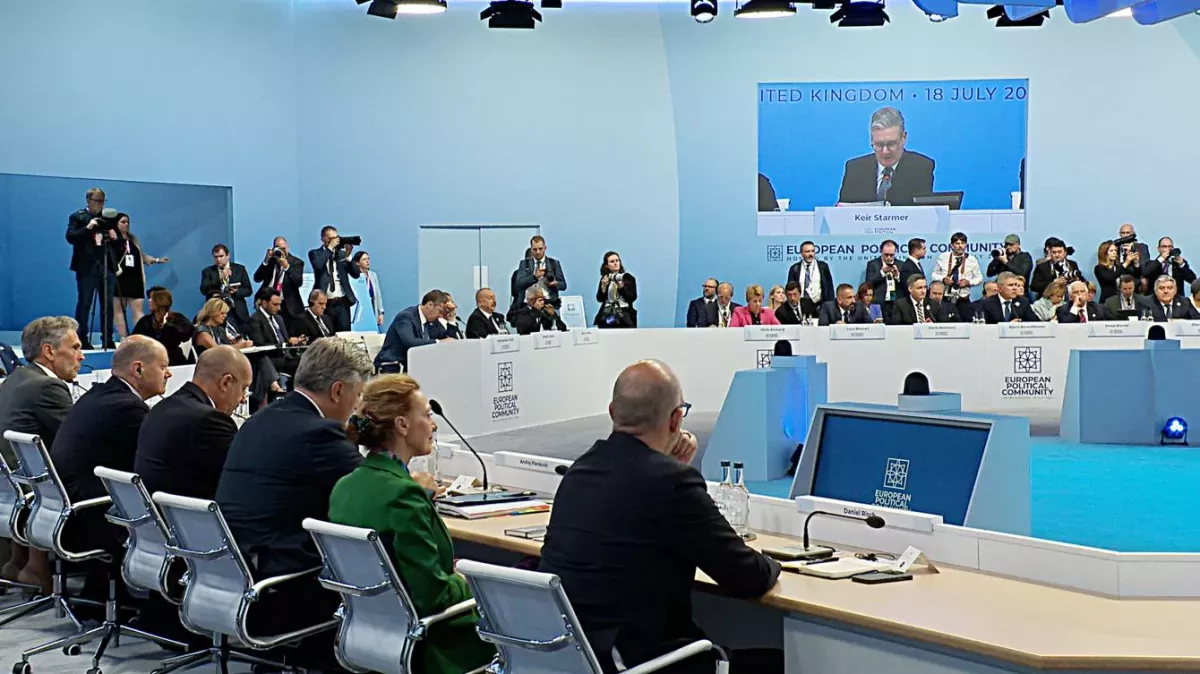
In May 2025, the President participated in the 6th EPC Summit in Albania, where during meetings with European Commission President Ursula von der Leyen and European Council President António Costa, Baku was described as an “important and reliable EU partner.” Against this backdrop, Azerbaijan’s significance in the Middle Corridor was emphasised. It was in Tirana that Costa announced that one of the EPC summits scheduled for 2028 would be held in Baku.
Even from these brief examples, it is clear how much Azerbaijan’s international standing has grown. It can be expected that, as at the recent 80th UN General Assembly session, leading political figures in Denmark and elsewhere will seek to meet with the President of Azerbaijan.
As for hosting one of the EPC summits in Baku in 2028, there is little surprise, particularly given the scale and focus of the international forums that Azerbaijan successfully organises. Consequently, Azerbaijan is increasingly recognised by the wider geopolitical community as a platform where new trends in contemporary affairs are shaped.
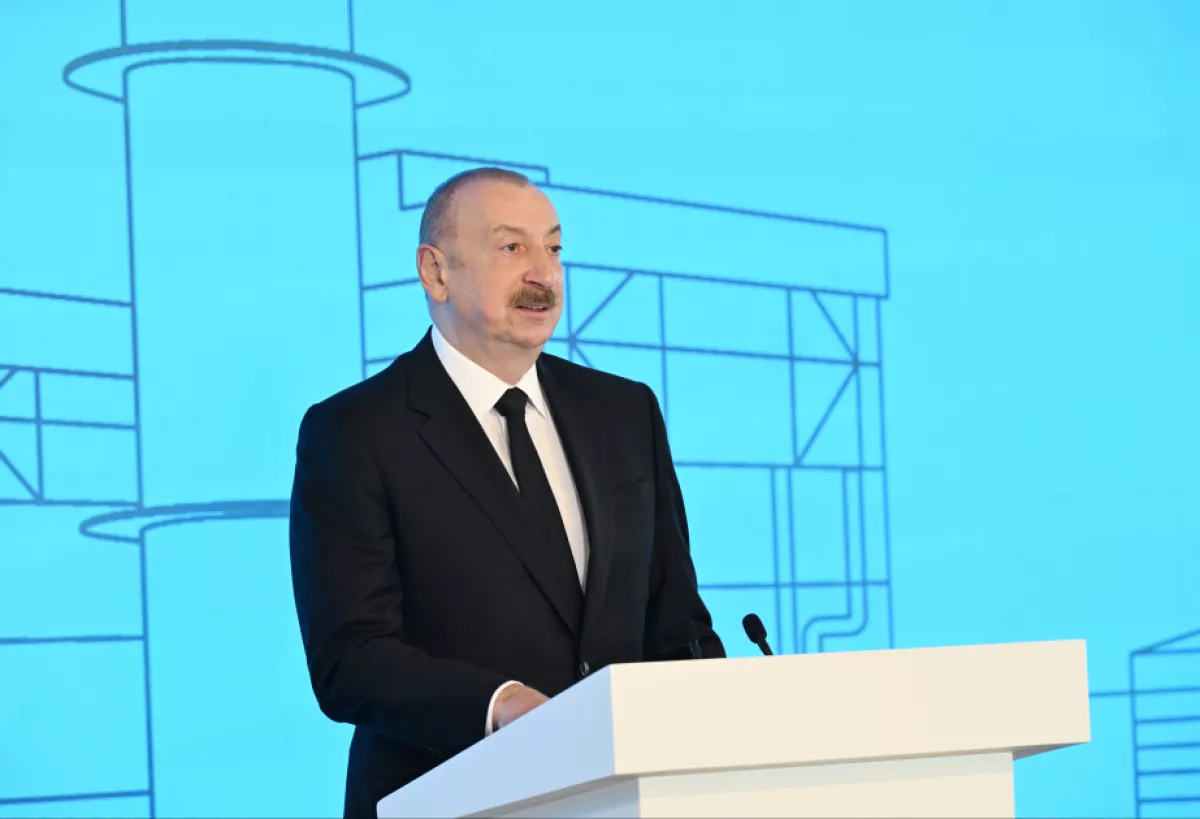
In this context, it is worth recalling President Ilham Aliyev’s statement that “we managed to transform our geographical location into a positive scenario, having good relations with our neighbors, with whom we share centuries of cohabitation and partnership,” while also expanding our horizons. This is reflected, among other things, in Baku’s central role in the “North–South” and “East–West” projects. Moreover, Baku is already widely recognised as an important hub for fostering inter-civilisational, inter-religious, and intercultural dialogue.
At the same time, Azerbaijan is actively striving to share its own experience—illustrated by the realities in the South Caucasus—with the wider world, demonstrating how peace initiatives can drive human progress and help maintain stability and security in various regions. In the context of ongoing bloody conflicts around the globe, Azerbaijan’s stance on this issue is expected to be one of the most prominent at the 7th EPC Summit. And, undoubtedly, its influence will extend beyond this alone…








